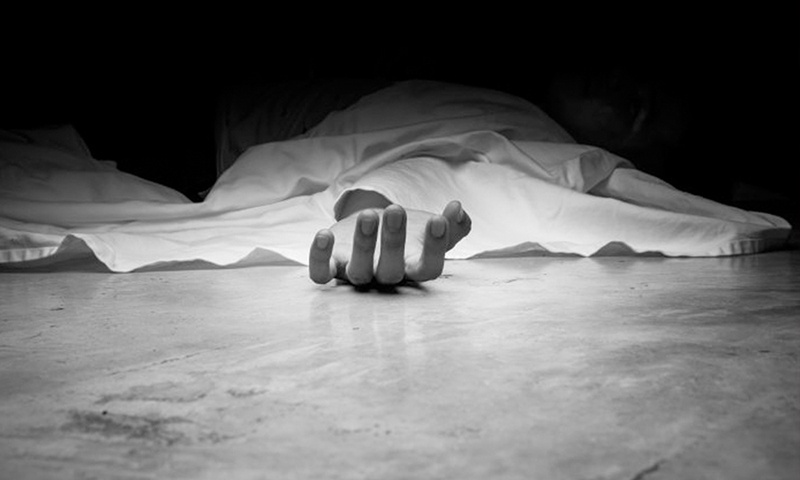
By Faten Omar
KUWAIT: The spread of COVID-19 around the world has raised anxiety and fear among people. Some handle it by taking precautions, while others have taken their lives, fearing an unknown future. Suicide rates in Kuwait have been rising since the start of the coronavirus crisis, where around 31 people have committed suicide, mostly expats. Some ended their lives due to being infected, while others were suspected of being infected with the virus.
Dr Amal Farwiz, a licensed psychiatrist who works at a local clinic, explained: “Coronavirus has affected people mentally. Patients who are infected with coronavirus and have a history of depression are more likely to see an exacerbated psychological impact, while some healthy patients can get negativity from family and friends, which could lead to self-harm.”
The doctor stressed the importance of studying the patient’s psychological history and family record to understand the case and the importance of psychological support for coronavirus patients and medical staff. “Medical staff can support patients infected with coronavirus by providing positive information to them - that this virus kills only 2 percent of those infected with it, which means recovery is a possible option for them,” she told Kuwait Times. Psychotherapy should not be limited to patients only. According to Farwiz, support must also be provided to doctors via constant contact with psychiatrists through social media to comfort them and train them to identify the symptoms of depression in patients.
Social pressure
On the other hand, Dr Farwiz noted that some people commit suicide due to pressures faced currently. “Coronavirus has caused people to lose their jobs, income and left some families hungry, which may lead to negative thoughts that life isn’t worth living anymore,” she said.
The doctor shared the importance of psychological support for coronavirus patients, as psychologists and sociologists must be available to follow up with them. She explained that signs of depression can be noticeable. “Family, friends or even medical staff can notice the signs that could lead to suicide. People with depression always have sleeping problems - either sleeping too much or too little. Also, feelings of worthlessness and helplessness are the main reasons that push someone to kill themselves, which sometimes comes with sadness, anxiety or emptiness, in addition to mood swings and change in appetite.”
Farwiz believes there should also be activities in hospitals for patients to prevent overthinking and improve their psychological condition. In 2018, the crude mortality rate was 1.65 percent for the total population in Kuwait. The percentage of self-harm deaths was 0.98 percent for Kuwaitis, 15.41 percent for non-Kuwaitis, and 10.13 percent as a total.
The Kuwait Psychological Association is providing consultation through the phone for people suffering during these uncertain times, where it has set up a rapid intervention team to help those suffering from the psychological impacts of COVID-19 as well as the lockdown imposed as a countermeasure to prevent the disease’s spread.
Various doctors are working on the hotline at different timings as follows:
Dr Rashed Al-Sahl
on Monday and Wednesday
10:00 am - 1:00 pm
Call 9797-6168
Dr Fahad Al-Tasha
daily
from 8:00 pm - 12:00 am
Call 9904-8258
Dr Othman Al-Asfour
daily
5:00 pm - 8:00 pm
Call 9938-5350
Dr Mohammed Al-Khaldi (head of this team)
daily
9:00 am - 12:00 pm
Call 9903-6470
Dr Ahmad Al-Khaldi
daily
6:00 pm - 9:00 pm
Call 9910-7965
Dr Muneera Al-Qattan
Monday and Wednesday
9:00 am - 1:00 pm
Call 9953-3108
Dr Zainab Al-Saffar
Sunday and Thursday
7:00 pm - 9:00 pm
Call 9954-9908
Dr Sameera Al-Kandari
Tuesday
9:00 pm - 12:00 am
Call 6770-9434
Dr. Kawthar Al-Yaqout
Monday and Wednesday
6:00 pm - 9:00 pm
Call 5521-0088
For information and other concerns, call 94014283




